Image: Pexels.com
ABI Research expects 6.4 million smart hotel room devices to ship worldwide in 2027. That’s double the smart hotel devices that shipped in 2022, with a CAGR of 24.6% between 2021 and 2027.
Some of the early adopters are Mandarine Oriental Hotel Group and Hilton. Many more brands are expected to adopt smart hotel technology in order to open up brand differentiation opportunities. Smart hotel technology also allows hoteliers and hospitality managers to better compete with the Short-Term Rental market (think Airbnb and VRBO), while simultaneously reducing operating expenses.
Smart hotel rooms deploy IoT technologies such as smart locks, smart thermostats, smart blinds, voice control front end, smart lighting, and smart speakers to provide a higher level of connectivity. These technologies create new opportunities in hotel building management and attract customers or travelers who want more convenience and greater control over their hotel stay, especially younger travelers that are experienced with smart home features.
There are two essential goals: operating efficiencies and guest room amenities. Operating efficiency often involves HVAC and lighting control that reduces carbon footprint and energy usage. Reducing hotel staffing is another operating efficiency. For example, Hilton’s Digital Key (using their smartphone APP to open room doors), as well as APP checkout, both reduce front desk traffic and staffing requirements.
Smart occupancy sensors, including in-room motion sensing and smart lock guest tracking, enable hoteliers to track which rooms and areas are being used in real-time. This enables optimizing energy consumption from HVAC, lighting, and other building management systems.
Hoteliers can maintain or adjust room temperature based on how many people are in the room. Climate control can be automated based on humidity, air quality/refresh, and external temperatures/solar gain. Smart thermostats, temperature/humidity/air quality sensors, and smart blinds are all key technologies for smart climate control.
Occupancy sensors also automate light control according to whether guests are in a room or not. With this smart room technology, hotel managers can schedule specific times for lights to turn on or off, and they are notified when luminaries or lightbulbs need to be replaced. In addition to lighting, smart systems can alert hotel employees when air filters, batteries, and other devices need to be replaced. Water leakage detection can both reduce water and sewer expense, and, more importantly prevent costly water damage.
Smart hotel room technology can also aid in code compliance, for example, California Title 24, and its automated occupancy-based lighting requirements. In some cases, this can be done with an environmental management system (EMS) or ISO 14001EMS.
Guests value smart technologies that provide greater control, contactless stays, climate control, and an easier way of interacting with hotel services. Most major hotel chains like Marriott, Hyatt, citizenM, Thompson, and Hilton have all opted for contactless check-in. Smart room technologies, such as voice-control smart speakers, make it easier for hotel guests to request room or other guest services (i.e. dinner booking, check-out, and concierge services).
Today, smart locks are the most ubiquitous smart room device. However, smart lighting and smart thermostats are expected to surpass them by 2027, based on shipments. Hotel smart lighting controls, like Leviton’s Sapphire Touch Screens, allowing each room to enhance the atmosphere, meet energy codes, and bring visual interest to lobbies, restaurants, play areas, and guest rooms. Sapphire Touch Screens installed in a manager’s office give hotel managers the ability to tailor lighting to the space. Facility managers can create customizable lighting schedules for different times of the day.
Smart lighting control in hotel restaurants and lounges improve the dining experience by enhancing food, service, décor, and atmosphere, balancing the guest experience, food & beverage presentation, and kitchen functionality.
A free white paper on the subject is available here.
Share your most interesting smart hotel tech experiences, in the comment section below.

Image: Sapphire Touch Screens by Leviton







You must be logged in to post a comment.